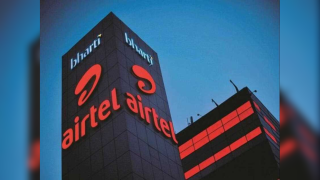The mobile operator has agreed the deal in an effort to cut costs and improve networks throughout difficult operating areas in Africa by giving control to IHS, an African infrastructure group.
"Sharing passive infrastructure is a compelling opportunity for Orange to offer a better service to its customers in Africa and the Middle East through improved network coverage and reliability,” said Marc Rennard, executive director for Africa, Middle East and Asia, Orange Group.
“It also allows us to drive efficiencies, reduce costs and manage the particular conditions in emerging markets such as the cost of energy and accessibility of sites. This agreement leaves open the possibility for Orange subsidiaries elsewhere in Africa and the Middle East to look into similar partnerships."
IHS has become the biggest tower operator in Africa during the past two years after conducting a number of deals with operators. The infrastructure group manages about 5,700 sites, and has doubled the size of its business with 1,800 towers it purchased from South Africa operator MTN for $180 million.
France Telecom commissioned the deal after revealing that 80% of group fuel consumption was in Africa, despite only recouping 10% of its revenue from the continent.
The deal will add almost 30% to the IHS portfolio, according to the Financial Times and Orange has retained ownership of the sites, but contracted management to IHS for 15 years.
Issam Darwish, CEO and founder of IHS, said the company would spend between $130 and $150 million to bring together the Orange and MTN networks and the deal was beneficial all round.
"Our 12 years' experience in the market, coupled with strong relationships with mobile network operators and equipment suppliers, allows us to bring improvements right across the value chain.
“Through innovation and our engineering experience we are also able to bring environmental benefits to Côte d'Ivoire and Cameroon through a more efficient energy mix using solar power and the most up-to-date generator equipment,” he added.




